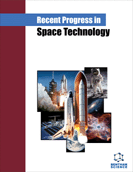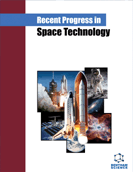Abstract
Sustainable agriculture has the potential to benefit greatly from
nanobiosensors. Nanomaterials are crucial components of numerous biotic and abiotic
remediation systems and have a huge impact on the mobility, fate and toxicity of soil
contaminants in agriculture. It is believed that nanobiosensor have a revolutionary
impact on the field of agriculture by focusing research and development toward the
goals of achieving sustainable agriculture. Nanobiosensors have significant benefits
such as improved recognition sensitivity or specificity, and retain immense promise for
the application of nanobiosensor in various areas such as food quality and bioprocess
control, agriculture, biodefense and medical applications. Nanobiosensors application
in the agricultural area has significantly improved productivity. The economic and
cutting-edge nanobiosensors have been emphasised in this book chapter to address the
difficulties in the main agricultural industry and emphasize the significance of
nanobiosensor to detect insecticides, herbicides, fertilizers and diseases for increasing
crop yield.


















